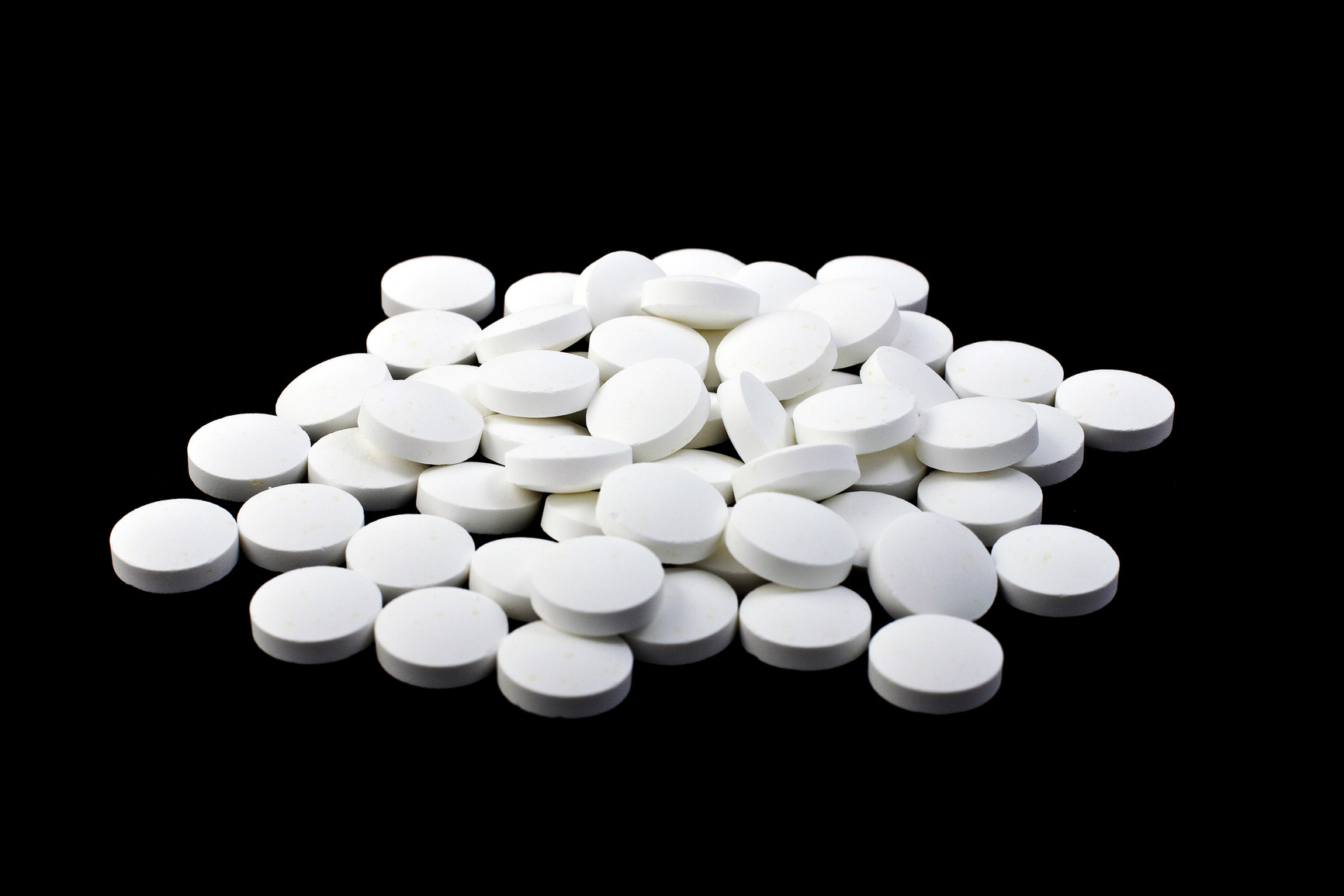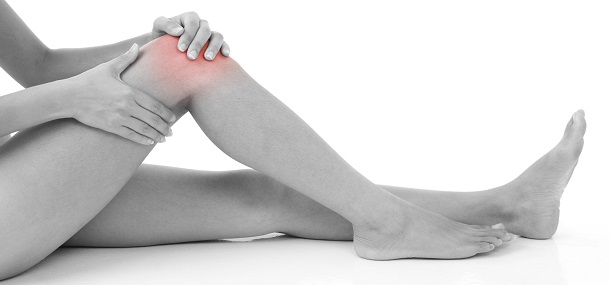

Cholesterol-lowering medications (statins) are a very widely used class of prescription drugs. A large scale survey of USA citizens in 2010 found that 11.6% of participants had taken a cholesterol-lowering medication within the past 30 days1. This was more than any other type of medication. A similar pattern was seen in Canada in 2010, with two cholesterol lowering medications being the 2nd and 3rd most commonly filled prescriptions nationally2.
Cholesterol & Heart Health
Although cholesterol lowering medications can be protective for individuals at high risk of having a heart attack, there is little evidence to justify their use for people who are at moderate to low risk3 of having a heart attack. Evidence has also pointed to low cholesterol in elderly people being associated with earlier death4. Considering how widely prescribed cholesterol-lowering medications are, this is concerning.
Reliability of blood cholesterol as a measure of cardiovascular health is at once widely accepted and intensely scrutinized5. Strict limiting of dietary cholesterol is a mainstay treatment of the western medical model for preventing further narrowing of arteries and preventing heart attacks. However, dietary cholesterol intake has a small impact on blood cholesterol levels and also a small impact on heart attack risk6. While a proper diet is very important for cardiovascular health, eliminating cholesterol is not the answer.
Risks of Cholesterol-lowering Medications

Cholesterol lowering medications are not without adverse effects. One recent study has found that people taking cholesterol-lowering medications are significantly more likely to develop muscle pains, joint dislocations, sprains, strains and joint degeneration7. In practice I often see people with injuries or in pain that are sidelined due to not being able to exercise like they used to. Exercise is an incredibly important factor in controlling body weight, blood pressure and maintaining health in general.
One cholesterol lowering medication, simvastatin, has also been found to significantly reduce the ability of exercise to increase physical fitness8, which is alarming considering the importance of physical fitness in heart health.
Another study has recently found that higher dosages of a cholesterol lowering medication, atorvastatin, significantly increases the risk of developing diabetes9 in people at moderate to high risk of developing diabetes. The risk increase was 24%, which is no small amount.
Natural Cholesterol Reducers
There are many excellent foods which can help reduce cholesterol, including nuts, such as almonds. Making raw, unsalted almonds a part of your diet can effectively help to control cholesterol10 and also help with weight loss11. I use almonds as an example not because they are the only “anti-cholesterol” food but as proof that even small dietary changes can have a very real impact on cholesterol.
Alternative Heart Health Measurements
Another firmly established predictor of cardiovascular health, is waist circumference12. In practice, my tape measure gets as much use as any other assessment tool that I have. While I always like to see patients’ recent cholesterol blood tests, a simple measure of waist circumference can be equally valuable, at the very least.
Again, while blood cholesterol levels can be a useful tool in monitoring cardiovascular health, they are not the be-all, end-all. Body mass index (BMI), waist circumference, blood sugar and body fat percentage are all important factors in monitoring cardiovascular health. It is a good idea to talk with your naturopathic doctor about cholesterol and how to best optimize your cardiovascular health.
References
- National Center for Health Statistics. Health, United States, 2012: With Special Feature on Emergency Care. Hyattsville, MD. 2013.
- IMS Brogan, Canadian Drug Store and Hospital Purchases, MAT December 2010.
- ALLHAT Officers and Coordinators for the ALLHAT Collaborative Research Group. Major outcomes in moderately hypercholesterolemic, hypertensive patients randomized to pravastatin vs usual care: The Antihypertensive and Lipid-Lowering Treatment to Prevent Heart Attack Trial (ALLHAT-LLT). JAMA. 2002 Dec 18;288(23):2998-3007.
- Prof Dr Irwin J Schatz MD, Prof Kamal Masaki MD, Katsuhiko Yano MD, Randi Chen MS, Prof Beatriz L Rodriguez MD, Prof J David Curb MD. Cholesterol and all-cause mortality in elderly people from the Honolulu Heart Program: a cohort study. The Lancet, Volume 358, Issue 9279, Pages 351 – 355, 4 August 2001.
- Ware WR. The mainstream hypothesis that LDL cholesterol drives atherosclerosis may have been falsified by non-invasive imaging of coronary artery plaque burden and progression. Med Hypotheses. 2009 Oct;73(4):596-600.
- Kratz M. Dietary cholesterol, atherosclerosis and coronary heart disease. Handb Exp Pharmacol. 2005;(170):195-213.
- Ishak Mansi, MD; Christopher R. Frei, PharmD, MSc; Mary Jo Pugh, PhD; Una Makris, MD; Eric M. Mortensen, MD, MSc. Statins and Musculoskeletal Conditions, Arthropathies, and Injuries.JAMA Intern Med. 2013;():1-9.
- Mikus CR, Boyle LJ, Borengasser SJ, Oberlin DJ, Naples SP, Fletcher J, Meers GM, Ruebel M, Laughlin MH, Dellsperger KC, Fadel PJ, Thyfault JP. Simvastatin impairs exercise training adaptations. J Am Coll Cardiol. 2013 Apr 10. pii: S0735-1097(13)01403-4.
- Waters DD, Ho JE, Boekholdt SM, DeMicco DA, Kastelein JJ, Messig M, Breazna A, Pedersen TR. Cardiovascular event reduction versus new-onset diabetes during atorvastatin therapy: effect of baseline risk factors for diabetes. J Am Coll Cardiol. 2013 Jan 15;61(2):148-52.
- Damasceno NR, Pérez-Heras A, Serra M, Cofán M, Sala-Vila A, Salas-Salvadó J, Ros E. Crossover study of diets enriched with virgin olive oil, walnuts or almonds. Effects on lipids and other cardiovascular risk markers. Nutr Metab Cardiovasc Dis. 2011 Jun;21 Suppl 1:S14-20.
- Wien MA, Sabaté JM, Iklé DN, Cole SE, Kandeel FR. Almonds vs complex carbohydrates in a weight reduction program. Int J Obes Relat Metab Disord. 2003 Nov;27(11):1365-72.
- Seidell JC. Waist circumference and waist/hip ratio in relation to all-cause mortality, cancer and sleep apnea. Eur J Clin Nutr. 2010 Jan;64(1):35-41.


